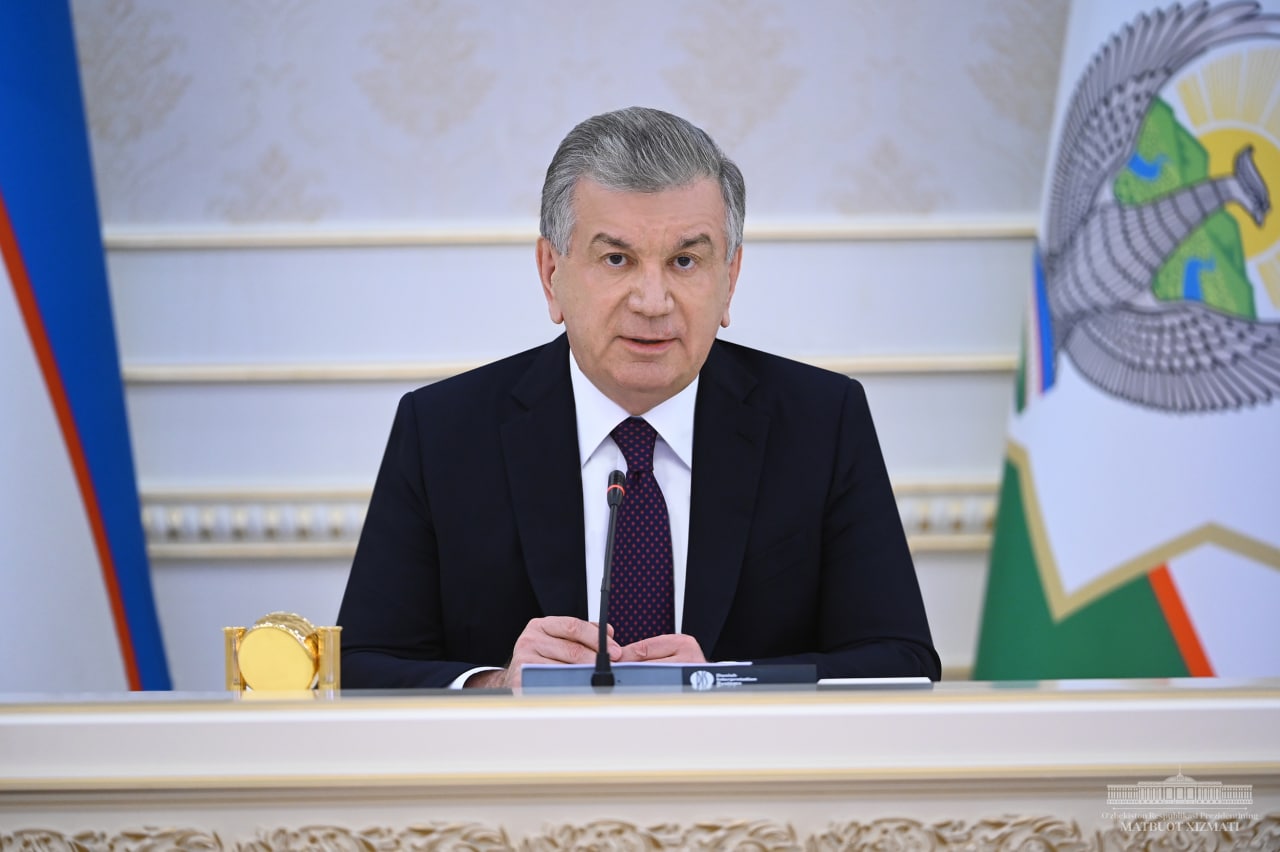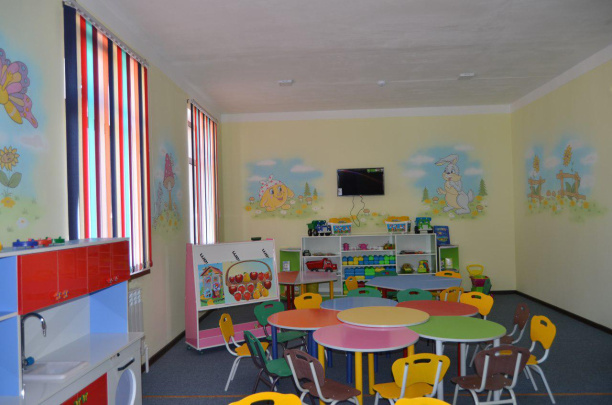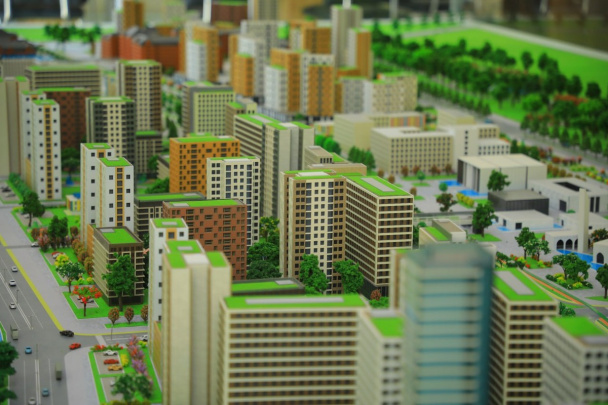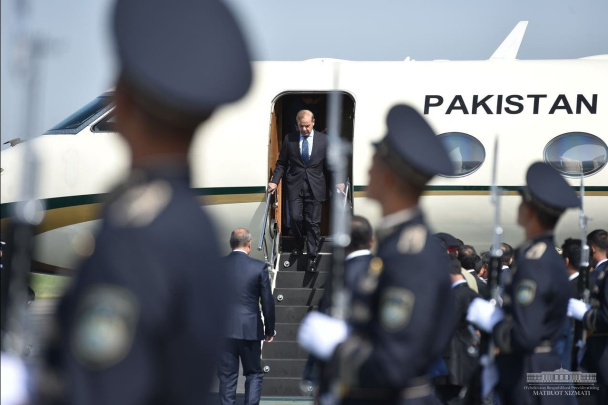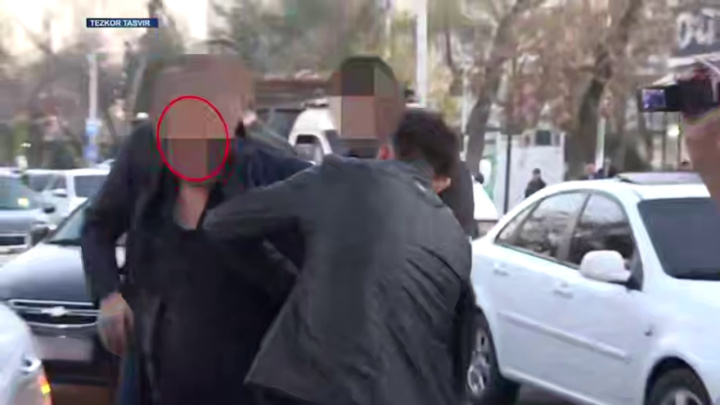According to the presidential press service, industrial zones, due to the concentration of production facilities in one place and a single access to communications, are important for the development of industry.
“Over the past five years, 19 free economic zones and more than 400 small industrial zones have been organized in the country, over a thousand projects have been implemented. As a result, 100,000 jobs were created and production worth 45 trillion soums per year was launched. In addition, industrial zone enterprises provide annual exports of products worth $750 million and more than 1 trillion soums in tax revenues. Another important aspect is that the industry comes to every region, remote and inaccessible areas. In particular, 205 new enterprises were launched in 11 districts where there were no industrial production at all,” the report reads.
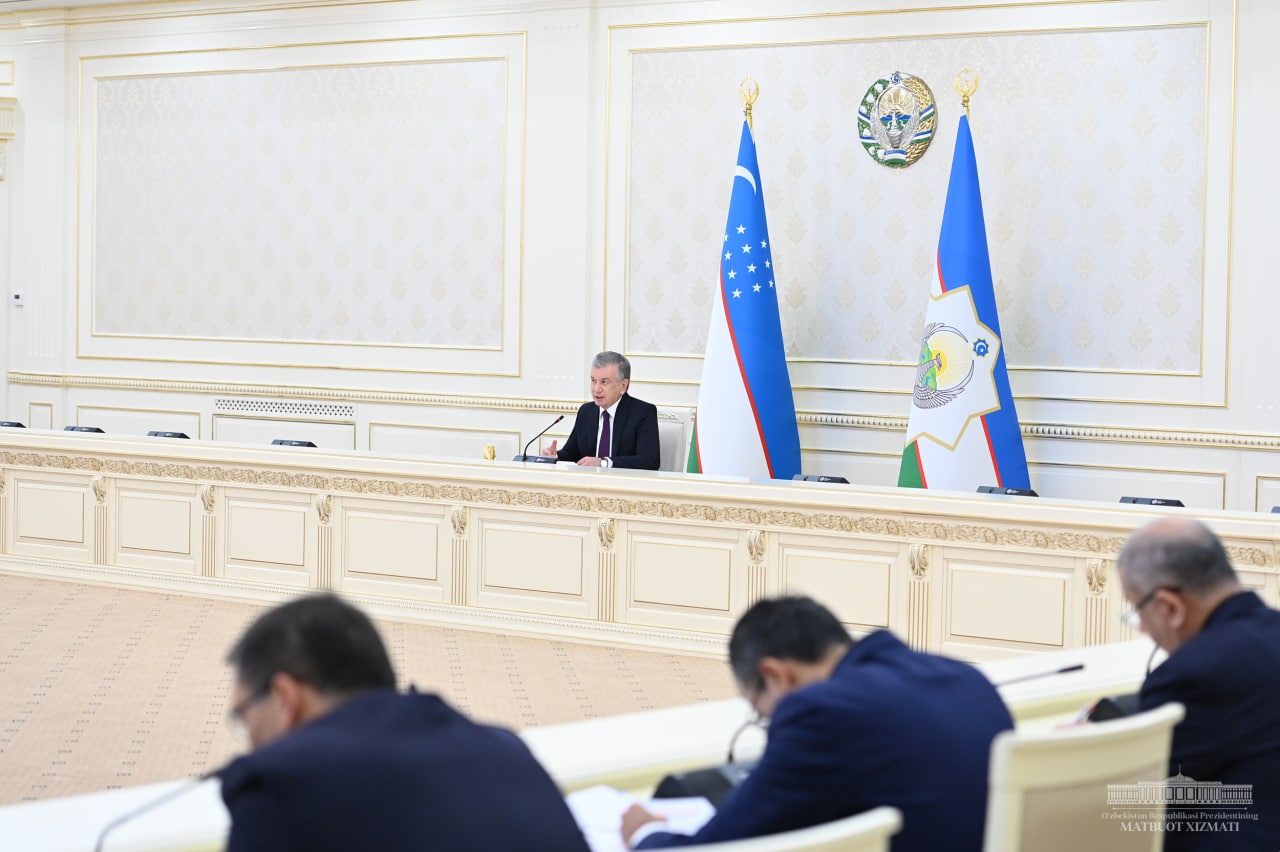
However, there is a large untapped potential and a number of shortcomings. The master plans of some small industrial zones are still not approved, some industrial zones are not fully provided with infrastructure, which is why the implementation of finished projects is delayed. In addition, entrepreneurs must go through a five-stage procedure, collect more than a dozen documents in order to start working in industrial zones.
The President noted that the solution of these problems is important for the development of industry and the creation of jobs.
“In a market economy, investments should come to every district, every mahalla. In the current year, it is possible to implement 2,000 projects, create 110,000 new jobs and export products worth $1 billion. Our meeting today is pursuing these goals,” the head of state said.
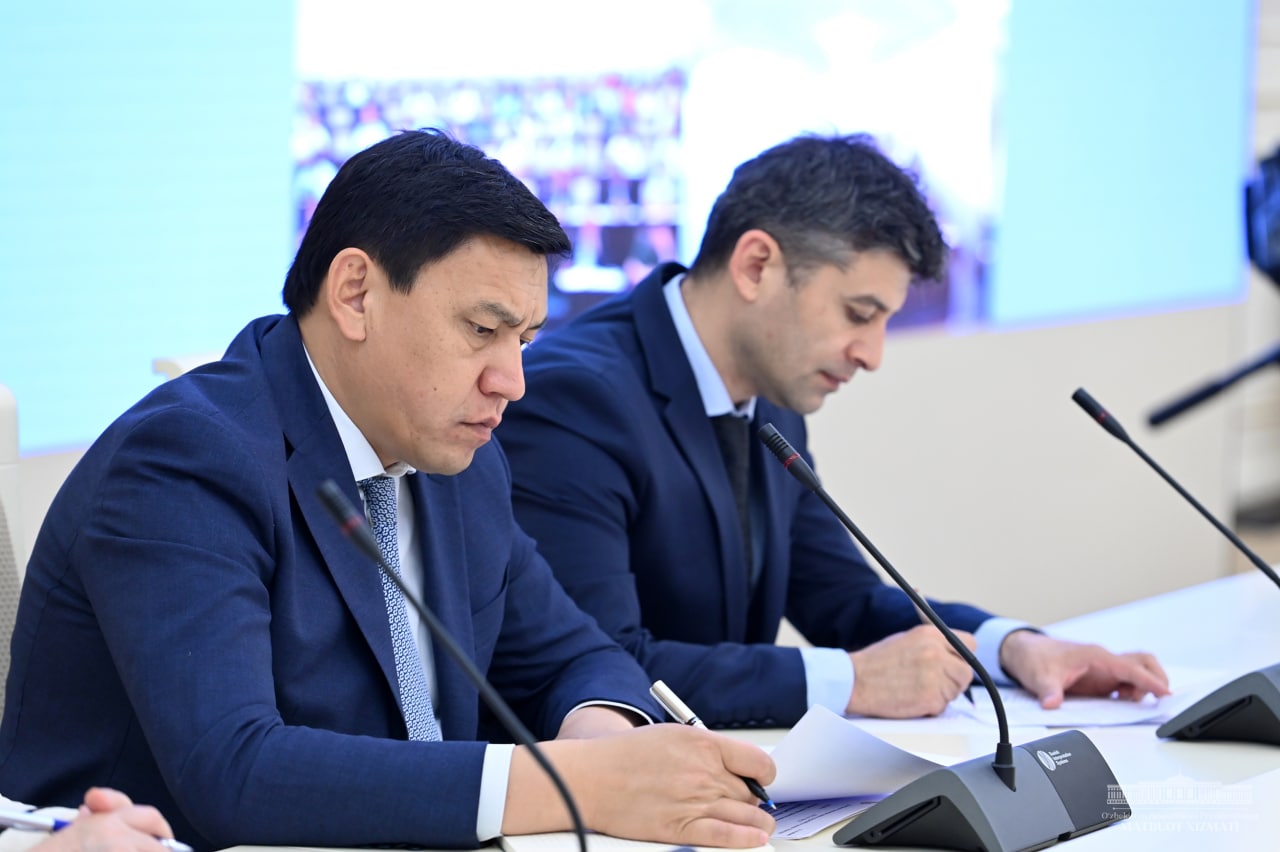
In this regard, the meeting discussed measures to provide 6.6 thousand hectares of vacant land in industrial zones with electricity, water, roads and other conditions. It is planned to allocate 1.5 trillion soums for this purpose, or twice as much funds as in 2021. Many new projects have been developed in the regions for textile and dye production and processing of raw leather. They require centralized treatment facilities. In this regard, instructions were given on the construction of modern treatment facilities on the sites allocated for such projects.
As you know, the state finances the cost of providing infrastructure for projects worth more than 200 billion soums. Entrepreneurs from Bukhara, Jizzakh, Samarkand, Surkhandarya, Ferghana and Tashkent regions took advantage of this opportunity and initiated projects worth $630 million to produce high value-added products.
It was noted that this year 170 billion soums will be allocated for such projects in the regions. The importance of regional khokims’ visit to other regions, studying the experience of colleagues was indicated. The creation of a new special industrial zone with an area of 300 hectares in Samarkand was announced, instructions were given regarding the creation of favorable conditions for business and the formation of projects focused on import substitution and export.
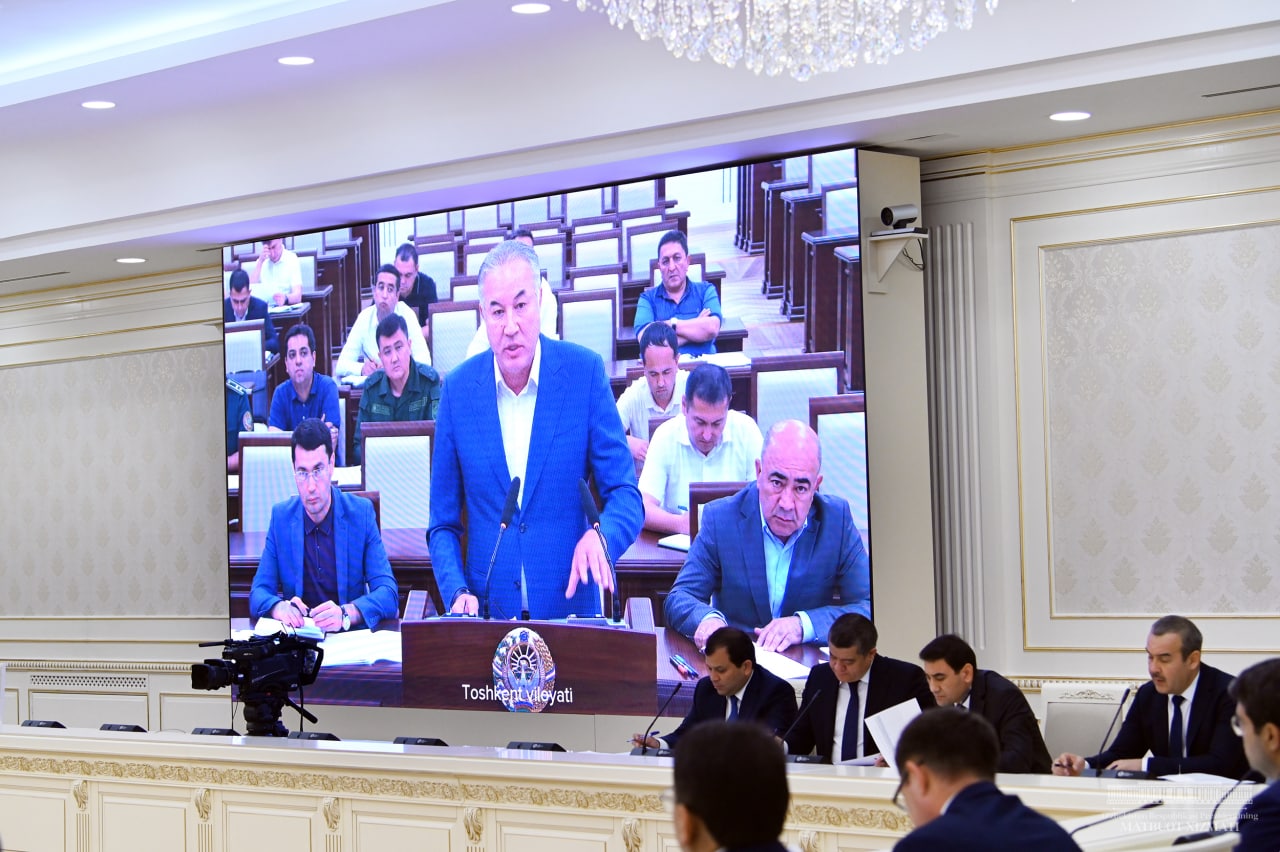
Separately, the head of state touched upon the issue of bureaucracy in establishing activities in industrial zones. Measures have been identified to simplify this procedure. Thus, the authority for the examination of projects implemented in free economic zones will be transferred to the Ministry of Investments and Foreign Trade. The procedure for obtaining the conclusion of the center for comprehensive examination of projects and import contracts for the application of benefits in imports will be cancelled.

